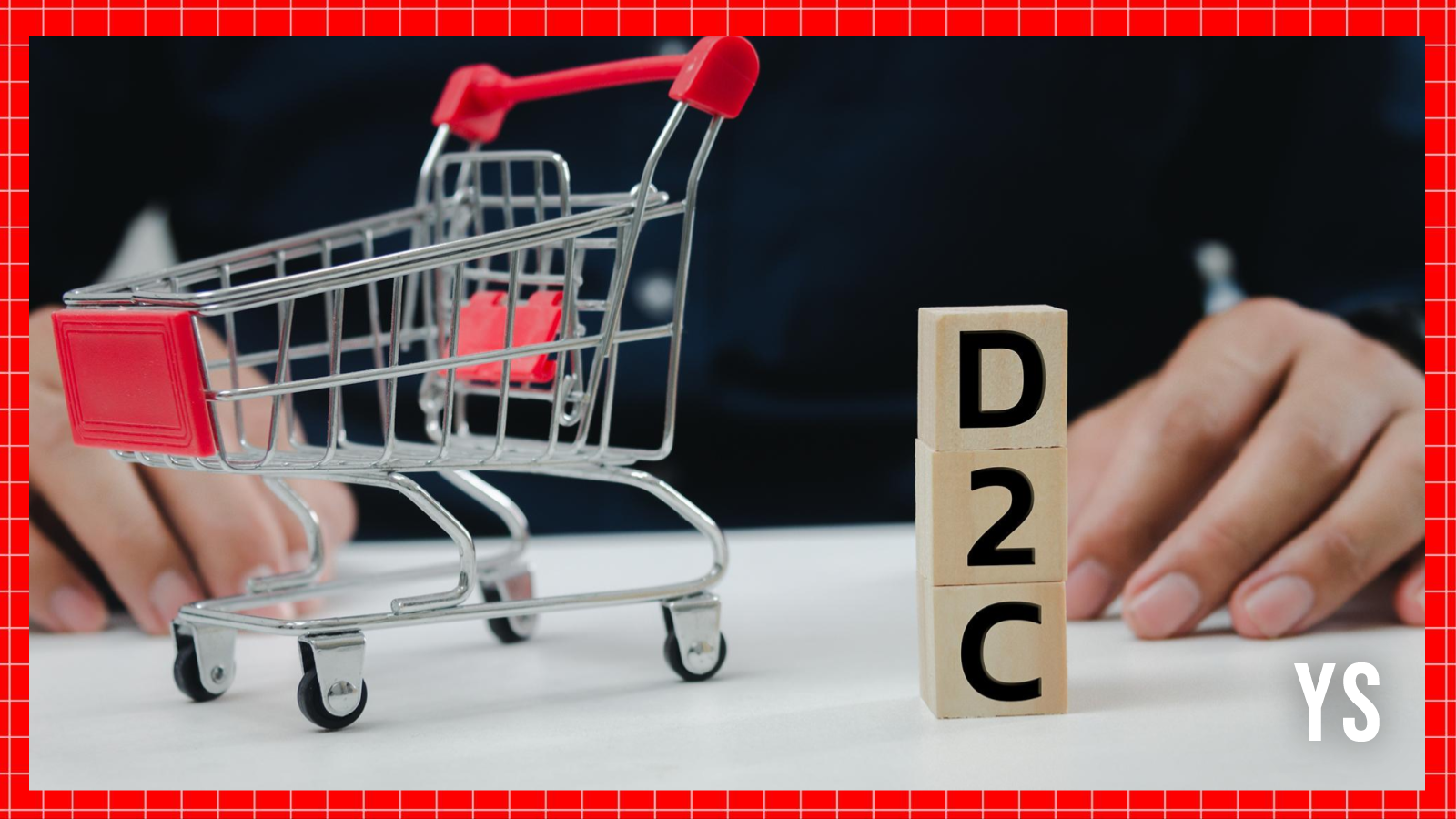UAE among the world's most dynamic and fast-moving digital economies
Checkout.com’s 5th State of the Digital Commerce in MENA 2025 report finds consumers in the UAE are among the global leaders in fintech use worldwide, consistently ranked among the most forward-leaning in tech adoption
388% YoY Surge in AFT transactions marks UAE’s rapid shift to digital payouts
1333% increase in Checkout.com UAE’s total processing volume since 2020, with a 177% growth in Checkout.com UAE YOY 2023 vs 2024
44% of UAE consumers shop for better options online even while browsing in-store
42% of UAE consumers are now using apps or digital wallets to send money at least once a week
As emerging technologies shape the next wave of economic transformation in the Middle East and North Africa, the UAE market is consistently ranked among the most forward-leaning in both technology adoption and appetite, according to Checkout.com’s fifth annual MENA report.
The State of Digital Commerce in MENA 2025 – Trends that matter: Insights into changing consumer behavior presents a unique perspective on how the bold moves by central banks, progressive regulators, innovative fintechs and merchants, and a digital-native population have come together to embrace change at both speed and scale. The report offers invaluable insights for merchants, policymakers, and stakeholders aiming to capitalize on the opportunities presented by the region’s digital evolution.
Over the past five years, the UAE has experienced a remarkable surge in online shopping, with a reported 320% increase in daily transactions since 2020. This trend is further highlighted by Checkout.com’s total processing volumes in the UAE, which have skyrocketed by an impressive 1333% over the same period, and a 177% YOY growth between 2023 and 2024. Together, these figures highlight a wider shift in the country’s lifestyle, with digital platforms steadily becoming the go-to choice for consumers.
Beyond daily shopping, more consumers are turning to digital platforms for their routine purchases, with food delivery leading the way as the top-performing vertical capturing a massive 57% share of online purchases, while clothing and fashion came in second with a 48% of online spending, and travel snapping the third place at 38%. This underscores the diverse and dynamic nature of the UAE’s e-commerce landscape, not only in terms of volume, but in the wide range of goods and services that consumers are now confident in purchasing online.
This shift toward digital convenience is not only reflected in consumer spending habits but in how people and businesses send and receive money. In the UAE, for example, the adoption of Account Funding Transactions (AFTs) has seen a staggering 388% year-on-year growth, underscoring the nation’s rapid transition to real-time, digital payouts. This growth signals a significant evolution in the region’s financial infrastructure—fueled by demand for instant, secure, and flexible payment experiences. It also demonstrates how digital commerce is expanding beyond traditional retail to encompass broader economic interactions, from salary disbursements to gig economy payments and peer-to-peer transfers.
Furthermore, approximately 62% of UAE consumers plan to increase their online shopping next year, with the categories most anticipated to benefit from increased transactions being travel, food deliveries, and government and public services.
As more consumers embrace the convenience and accessibility of digital shopping, the preference for cash-on-delivery in the UAE continues to decline sharply. Since 2020, cash-on-delivery usage has plummeted by 53%.
“The data from this year’s report clearly highlights the UAE residents’ growing appetite for solutions that not only simplify their daily interactions but also meet the increasing need for convenience, security, and innovation in their shopping and payment behaviors. Furthermore, the data reflects the UAE’s ongoing commitment to driving digital transformation across all sectors. Through strategic initiatives and investments in technological infrastructure, the UAE government has played a key role in fostering a digital ecosystem that enhances both the convenience and security of online transactions. This proactive approach has laid a solid foundation for the widespread adoption of advanced technologies.”
The report notes that the UAE stands out as a mature geography with widespread adoption of digital wallets and a growing market for investment apps, alongside developing peer-to-peer payment and digital insurance solutions. 42% of UAE consumers are now using apps or digital wallets to send money at least once a week, and 35% are using fintech platforms for investment and wealth management.
In parallel, AI is being deeply woven into the country’s shopping experience across the UAE. The country is a global leader in the adoption of Generative Chat platforms, with 46% of shoppers having already used these tools to enhance their online shopping experience. Additionally, more than a third (37%) have utilized Visual Search AI to find products more efficiently. From virtual try-ons to AI-powered chatbots, the report cites that consumers in the UAE are more likely to engage with intelligent shopping tools than shoppers in other markets.
Instant access to information has transformed consumer behavior in-store, too. 44% of UAE consumers say they shop for better options online even while browsing in-store. This means an impulse buy is no longer in the bag. In fact, it might be an “impulse inspiration” to look online. Retailers are adapting by embedding digital tools into physical stores, from QR codes for discounts to product previews powered by augmented reality.
In the digital economy, trust travels through digital channels. Consumers are just as likely to trust a brand based on peer reviews and third-party feedback as through direct familiarity and traditional brand recognition. “Social proof” and digital word of mouth have become dominant forces in shaping brand perceptions, with review platforms acting as modern consumer forums that influence purchasing decisions across industries.
In recent years, online fraud – particularly scams involving AI and deepfake technology – has become a more pressing concern across the Emirates. The report notes that as countries embrace digital commerce, the financial ecosystem is evolving in ways that bring both increased opportunity and exposure. Since 2023, the number of UAE consumers who report being victims of online fraud has risen from 35% to 57% today, while 23% of UAE consumers have abandoned carts due to security reasons. The good news is that advanced protective measures involving machine learning, behavioral biometrics, and real-time anomaly detection are expected to optimize both security and performance.
“In this increasingly competitive landscape, payment performance has become a critical differentiator,” . “Fast, secure, and intelligent payments are foundational to commercial success – not just at the point of transaction, but across the entire customer experience.”
(Visited 16 times, 16 visits today)












